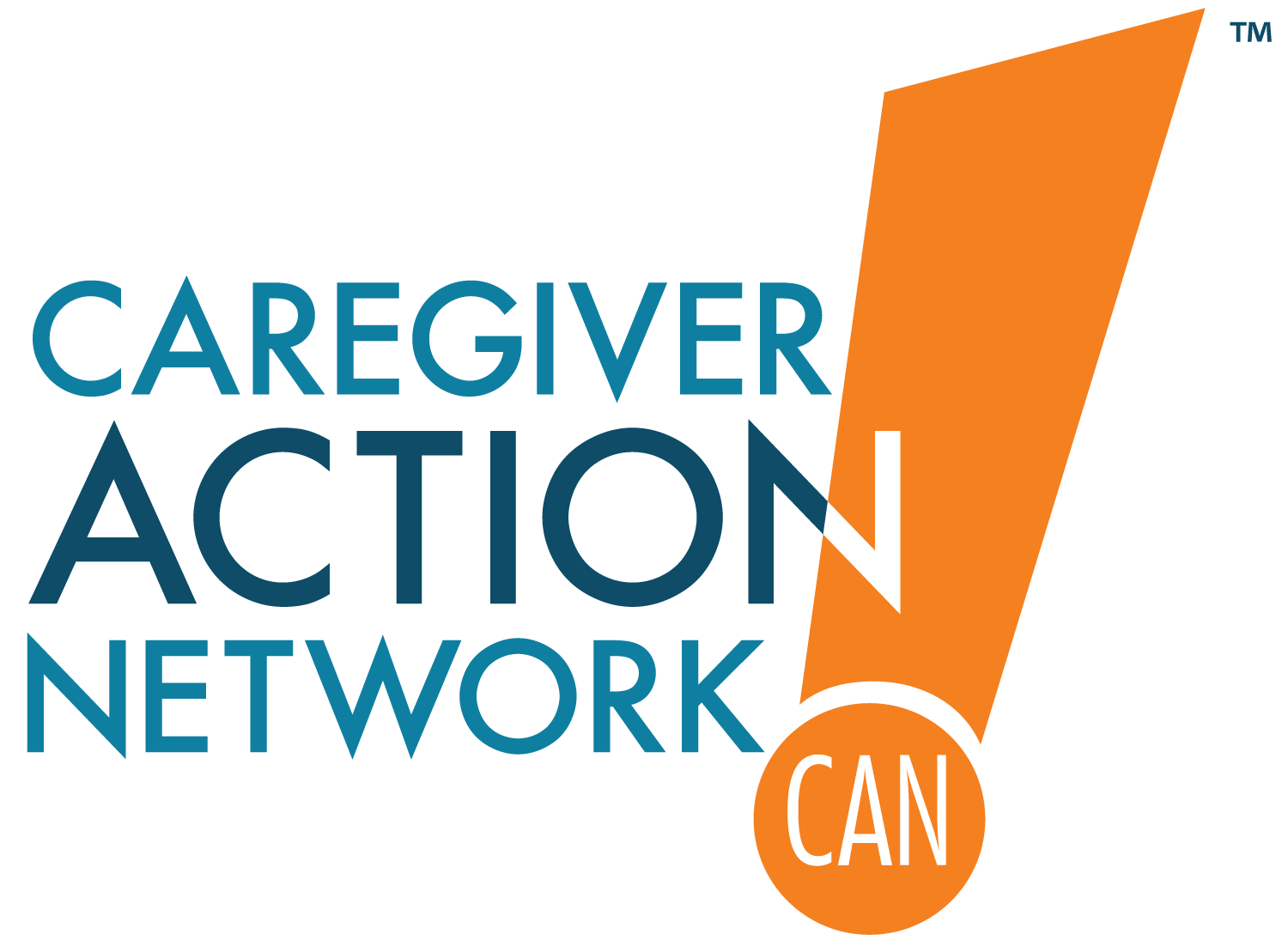Family caregivers are a diverse group caring for equally diverse populations, yet most family caregiver education treats all caregivers alike. Cultural perspectives that differ across racial and ethnic groups may impact caregiver experiences in several areas, including seeking mental healthcare, use of support services, and interactions with healthcare professionals.
BIPOC (Black, Indigenous People of Color) individuals often see caregiving as an expected part of life that each generation participates in at some point. While BIPOC caregivers tend to receive more support from family and friends than white caregivers do, they face a lot of challenges that white caregivers don’t experience.
On average, BIPOC caregivers have lower socioeconomic status. Studies have found that Black and Hispanic caregivers often feel ignored in medical settings and left out of crucial care discussions by staff. Asian-American caregivers don’t utilize professional support services as often as others, likely because of limited culturally relevant services.
While belonging to the Black or African American community is a source of strength and pride, Black individuals often face unique mental health challenges because of the political and racial culture in the U.S.
Studies show that Black parents and families of children with mental health needs are more likely than White families to report an unmet need for mental healthcare. Their children are less likely than White children to use outpatient mental health services, and as a result, Black parents and families experience delays in mental health treatment that can lead to poor outcomes. Research also shows that the suicide rate among Black youth is rising faster than any other racial or ethnic group.
Text
Mental Health
20 Lessons
